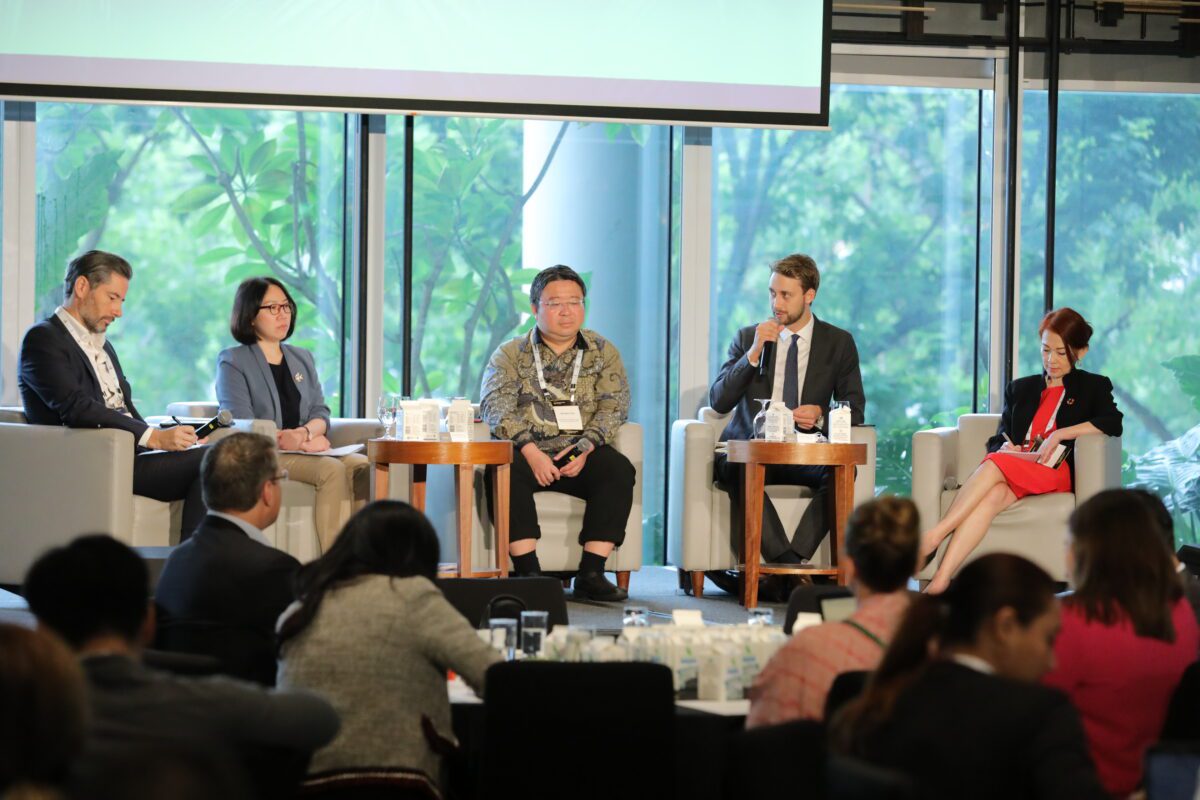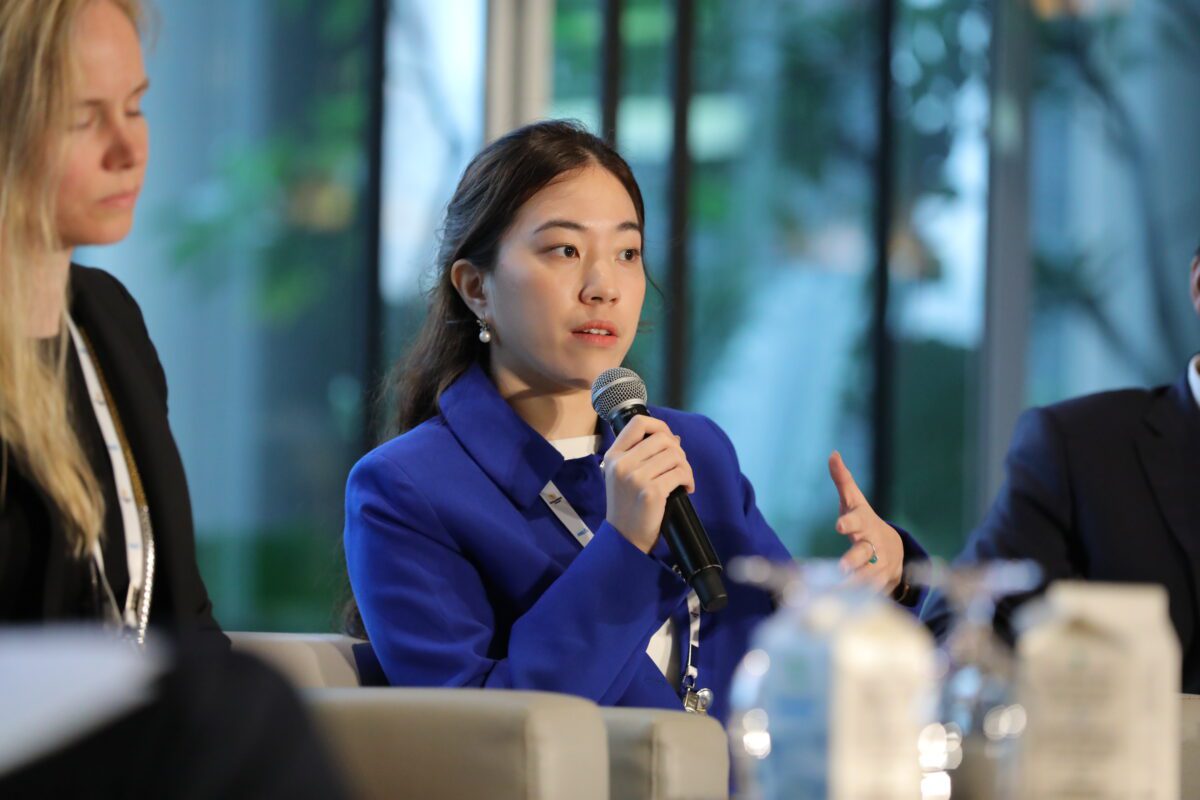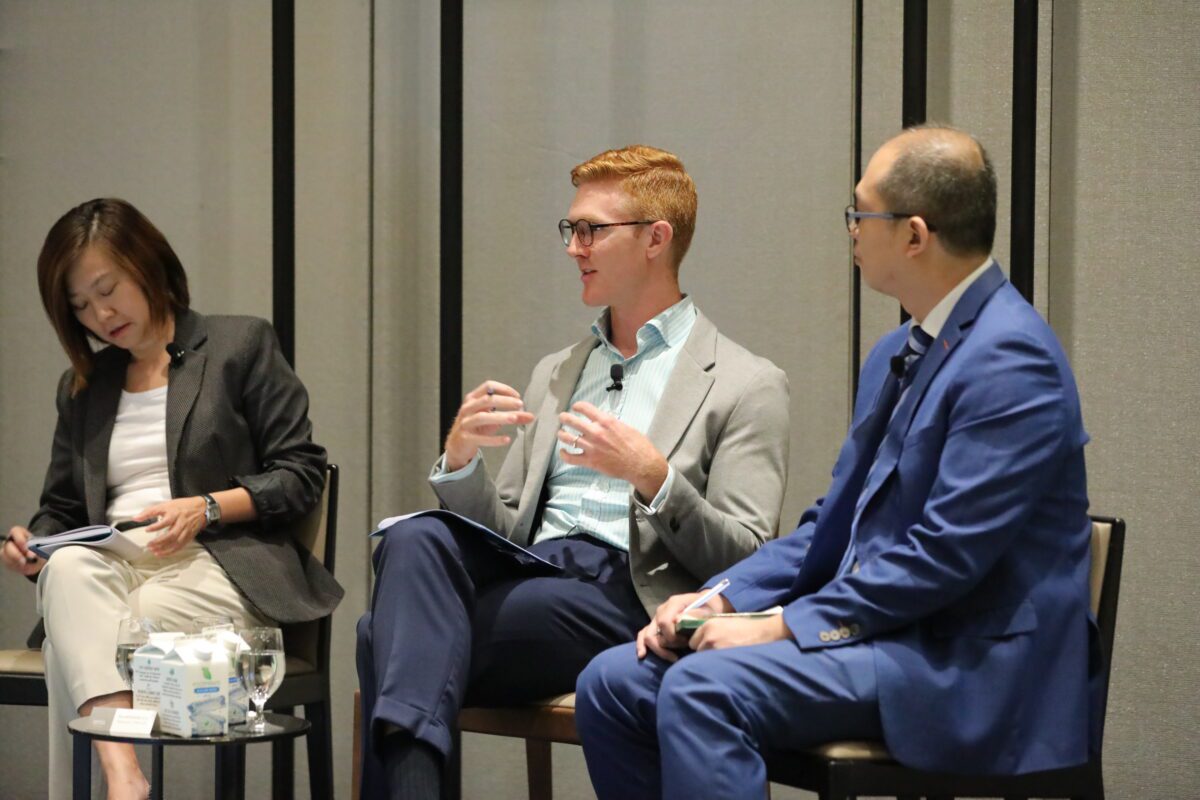It is crucial to tackle climate change in a way that helps the world’s poorest people and protects the interests of workers, experts have told a Carbon Market & Investor Forum in Singapore.
Villagers living in poverty can be helped through carbon projects that bring them much needed clean technologies, Jaideep Bansai, Chief Executive of India-based GHE Impact Ventures, told the forum, which is being hosted by Australia’s Carbon Market Institute.
GHE Impact Ventures operates sustainable development projects in remote Indian villages, that are funded by earning and selling carbon credits.
These projects are “in the middle of nowhere”, Bansai said. “Where the road stops, that’s where our work begins.”
The organisation has brought solar electricity and non-polluting cookstoves to villages, and has helped to give villagers new skills, as well as creating jobs in sustainable tourism, he said.
Bansai told the forum that “local scale empowerment” is the key to making these projects successful, warning project developers against “just parachuting into an area” and expecting to do a project without proper consultation and community involvement.
As part of its efforts in India, GHE has trained young people in these villages through a “climate action warriors program”, and these young people are now helping to educate others in their villages, he added.
Ceren Ayas, Senior Project Manager for South-east Asia with Australia-headquartered think-tank Climateworks, told the forum that ensuring communities and workers are involved in decarbonisation efforts and treated fairly in these activities helps build support “to accelerate the sustainability transition”.
It also results in action that is taken in response to the climate emergency having the additional benefit of boosting social protections, she said.
“The key to success is leaving no one behind,” Ayas said.
Key strategies include economic diversification, providing new jobs for workers in carbon-intensive industries, and having programs to compensate and retrain workers, Ayas said.
Carbon Market Institute (CMI) Chief Executive John Connor told the forum that unions, community organisations, and environmental groups had several years ago formed a group called the Southern Cross Climate Coalition to ensure efforts to reach net-zero involved “a just transition” for communities and workers.
Local communities need to receive “enduring benefits” from decarbonisation efforts, and if they don’t get them the transition to net-zero and beyond “will be a fragile one”, Connor said.
This is about systemic change, and so you do need supporting systems and institutions, he said, adding that the Australian government has established a new national Net-Zero Authority to provide this support.
Connor also emphasised the importance of ensuring that Indigenous communities give free, prior and informed consent, before carbon projects proceed on their lands.
CMI contact in Singapore: Emily Tammes on (+61) 427 047 395 or emily.tammes@carbonmarketinstitute.org
CMI contact in Australia: Thomas Hann on 0408 880 536 or thomas.hann@carbonmarketinstitute.org
About the Carbon Market Institute
The Carbon Market Institute (CMI) is a member-based institute accelerating the transition towards a negative emissions, nature positive world. It champions best practice in carbon markets and climate policy, and its over 150 members include primary producers, carbon project developers, Indigenous organisations, legal, technology and advisory services, insurers, banks, investors, corporate entities and emission intensive industries. The positions put forward constitute CMI’s independent view and do not purport to represent any CMI individual, member company, or industry sector.
For further information, contact Thomas Hann on 0408 880 536 or thomas.hann@carbonmarketinstitute.org



